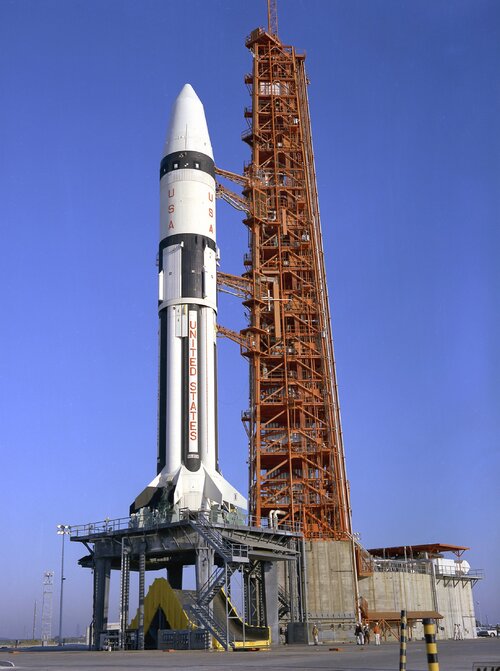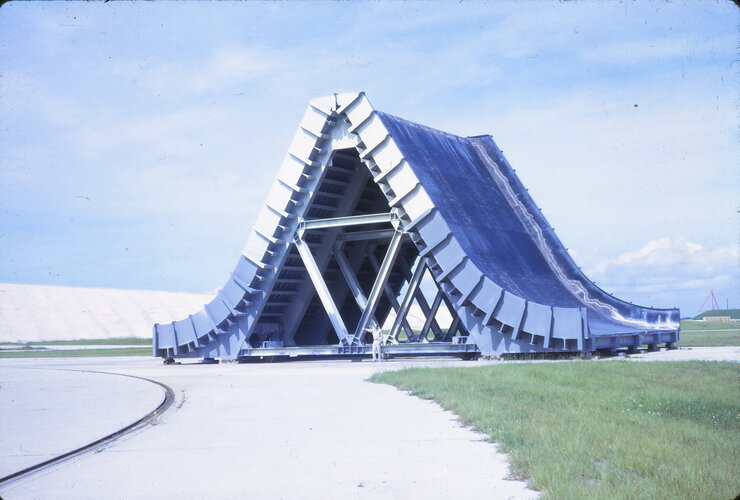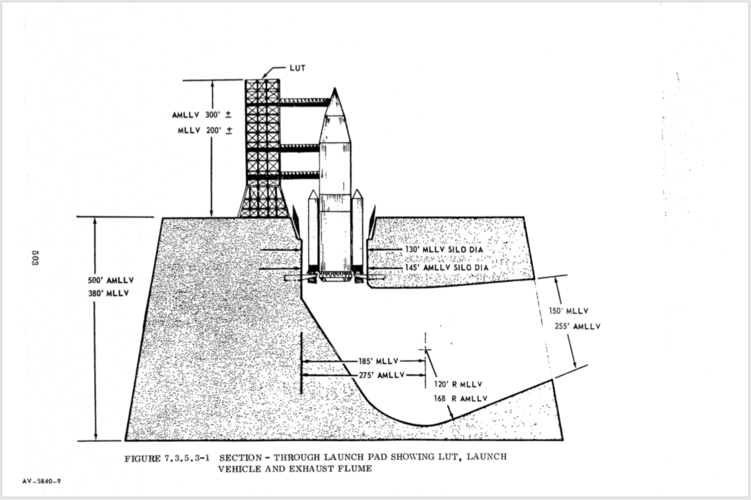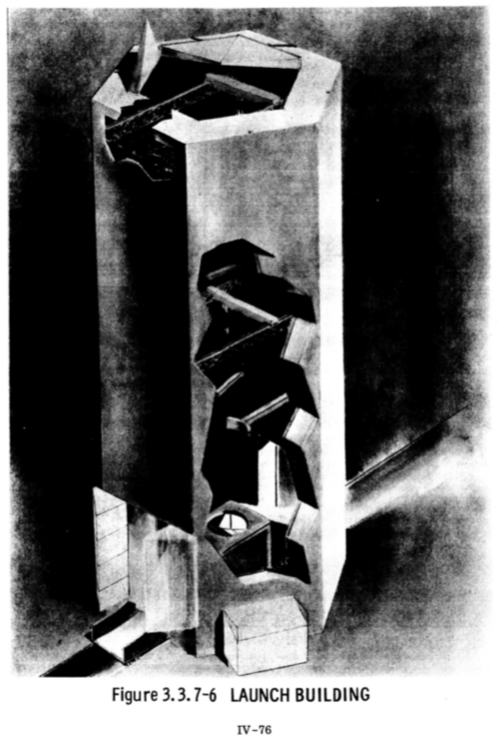you only hear it right at the end of the recording but Cronkite commented on how tiles were falling from the ceiling due to the intense noise and vibrations
It instantly became part of Apollo legend and lore. Must have been one hell of a terrific experience. In stark contrast, N1 failure on July 3, 1969 was utterly terrifying - like doomsday.
For my space TL I did a little synthesis of all the testimonies I could find across books and the Internet. The end result reads like apocalypse.
(Mandatory apocalyptic music that makes you feel like Thanos - or Lord Frieza when he destroys the Saiyan planet. Chaos, mayhem and destruction - all around.)
View: https://www.youtube.com/watch?v=GXFSK0ogeg4
...
July 3, 1969
Area 110, Baikonur
"Today,... I saw without exaggeration the end of the world, and not in a nightmare but while fully awake and standing right next to it." Lt. Colonel Semen Komarovsky
A 4500 tons pyramid of metal and propellants lifted off the ground.
On a column of flame that had night turned into day, 50 km around.
For a few precious seconds it seemed to do all right.
And then...
It all started when one turbopump among thirty engines detonated. The brutal explosion devastated propellant lines all around, and instantly starved most engines of propellant. Thrust instantly vanished and gravity took over. Sensing trouble ahead the escape system fired, severing the pointy end of the booster; which pulled the unmanned crew capsule away. It made a perfect landing a few kilometers from the unfolding inferno at the launch pad.
As for the lower end of the superbooster... for a fraction of second it seemingly froze midair - only 200 meters above its launch pad. Then the pyramid-shaped beast started tipping over; and it fell back like an enormous asteroid.
Right into its launch gantry: a near pefect bull's eye.
A bone-white fireball erupted. It was followed by a terrible, purple-black mushroom cloud; a nightmare like a weapon of mass destruction. Within a split second the launch area was wrecked with destruction spreading around in concentric circles. One of the 180-meter lightning towers collapsed, down for the count: it ended twisted into a spiral of molten metal. The explosive force also displaced the 145 metre tall service tower from its rail track; it destroyed all special ground equipment. Such was the force of the initial shock, the top two-and-a-half floors of the five-story underground pad support structure collapsed into the flame trenches below; leaving a gapping crater of broken and charred concrete.
That night in Tyuratam, it rained refined oil.
Immense tongues of flames shot upwards under a starry night. Even then... of 4500 tons of propellants, only a mere 15% had detonated. The rest was blown all over the sky, into a rain of petroleum and cold oxygen: droplets that fell for long minutes afterwards. Fifteen percent was still 675 tonnes; which translated as a blast equal to 250 000 kilograms of dynamite: one-quarter of a kiloton: a very small nuclear bomb.
Up to this moment disaster had spread only to the immediate vicinity of the launch tower; yet it was only beginning, and would be felt much farther away: way beyond any safety perimeter. To the men there, light came first; then, seismic waves. All this in eerie silence, as sound was the slower of the lot.
It lasted 15 seconds: the time it took for any sound to reach the closest human beings: 4.5 km away at Area 113. Sound rushed at 330 m per second, yet even in Russia nobody was crazy enough to stand that close from the roaring monster... not since 1960, when 200 poor souls standing even closer had been properly incinerated by a defective ballistic missile. Which, in comparison with the present colossus, was merely an insignificant firecracker.
But the giant rocket did not even lasted these 15 seconds; and thus when the sound hit at least, early rocket thunder gave room to a noise of biblical scale: a defeaning roar like the end of the world. Puzzled soldiers, scientists, engineers, politicans and launch crews watched, still in eerie silence, disaster unfold.
Yet the steppe had already began to rock; and the air was shaking, pulsing.
All across Tyuratam launch area, men froze in shock and horror.
"Something quite improbable was being created all around - the steppe was trembling like a vibration testt jig, thundering, rumbling, whistling, gnashing - all mixed together in some terrible, seemingly unending cacophony."
Apocalypse had came to that desolate corner of Kazakhstan.
Kerosene and oxygen fell from the sky.
Followed by enormous debris of rocket.
1500 kg rocket engines were found one kilometer from the epicenter.
One 400 kg steel tank went flying three miles, landing on the roof of a hangar
Lighter debris landed ten kilometers from the epicenter
And then came the blast.
A thick wave of air spread from the explosion: levelling and flattening everything standing in its path. All over the steppe shockwaves travelling at near supersonic speed hit head-on - and instantly killed - animals and birds alike: leaving thousands of corpses in their wake.
35 kilometer away in Leninsk were the relatives of the men working at Area 110 that horrible night. Even from that distance, they saw the flame and mushroom cloud; the ground shook, windows were smashed. Because of the explosion and also because of paranoid security, they were left with no information about their loved ones.
As far as 50 kilometers from the explosion, doors and windows were smashed out or blown off; the entire space complex had its main gates crooked, equipment thrown all over the place; the massive iron entrance gate to the launch pad was askew. The blast nearly tipped over a 30 000 pounds bus.
As luck would have it there were no death nor even a single injury; which was kind of miraculous considering the scale of devastation. Adding to the humiliation however was most of the important witnesses of the cataclysm having to fly back to Moscow and pull happy faces to welcome Frank Borman. The timing could not have been worse, but they had to endure that profound humiliation the next day, to the very deep end. No surprise the American astronaut found a gloomy mood at the Embassy, even if he had no clue whatsoever about the disaster. Had he guessed the truth, he probably would have had kitten – a large litter of kitten.







